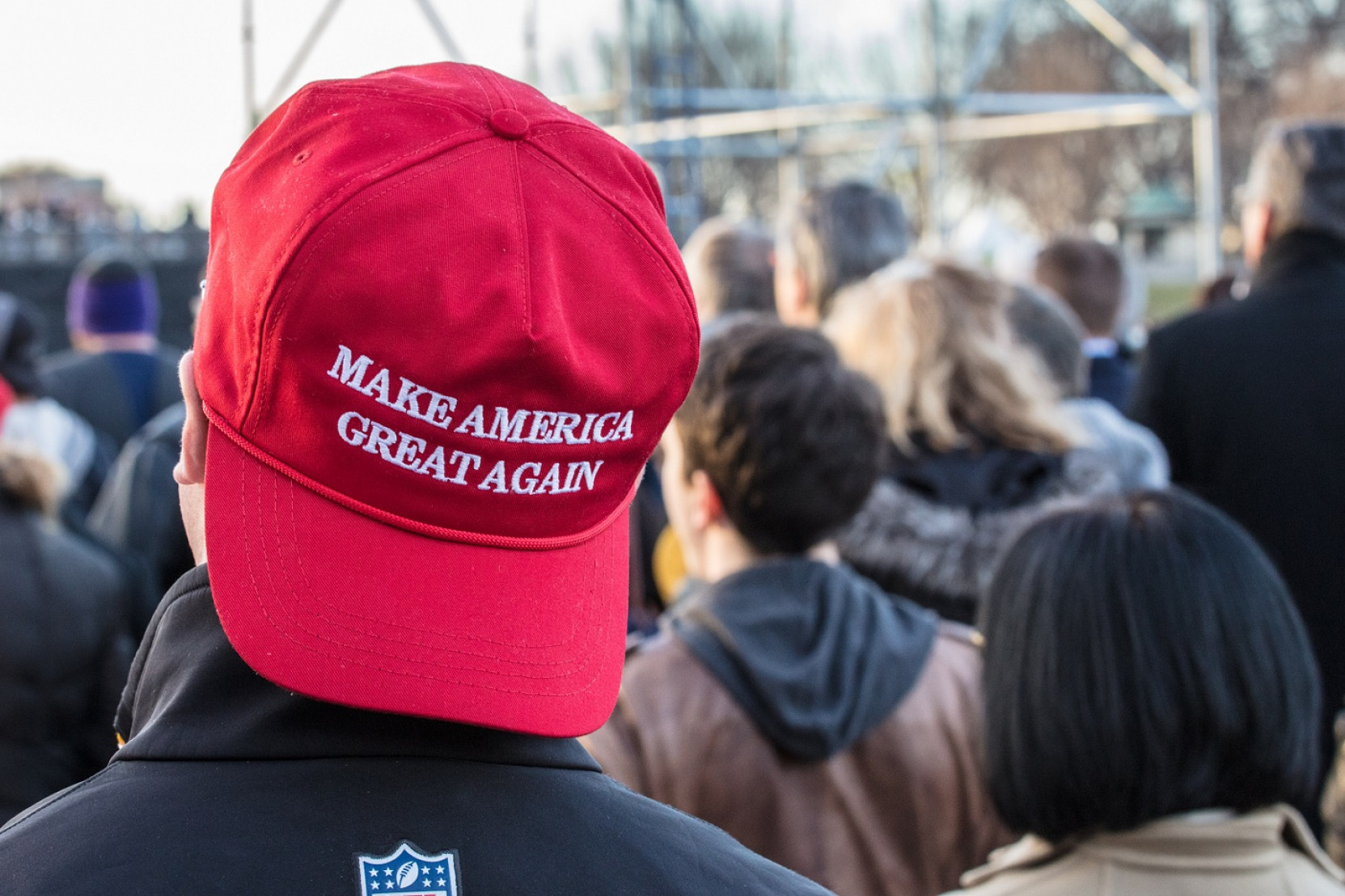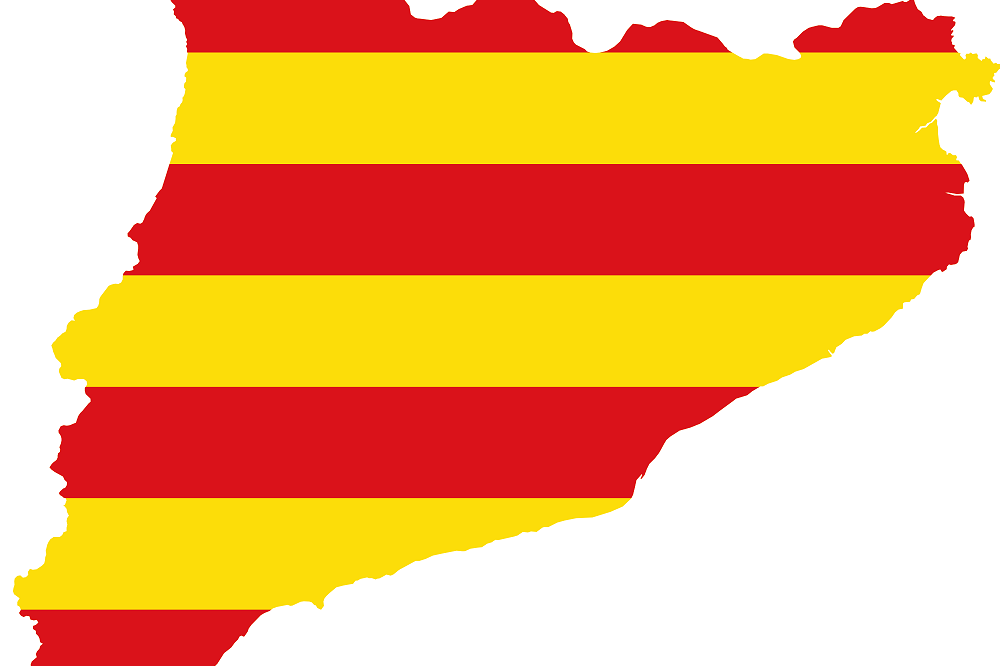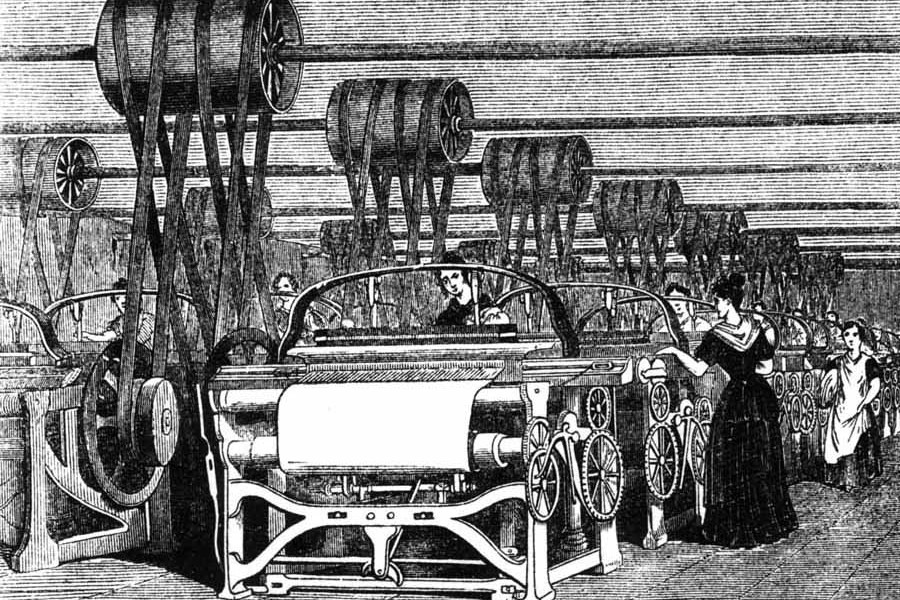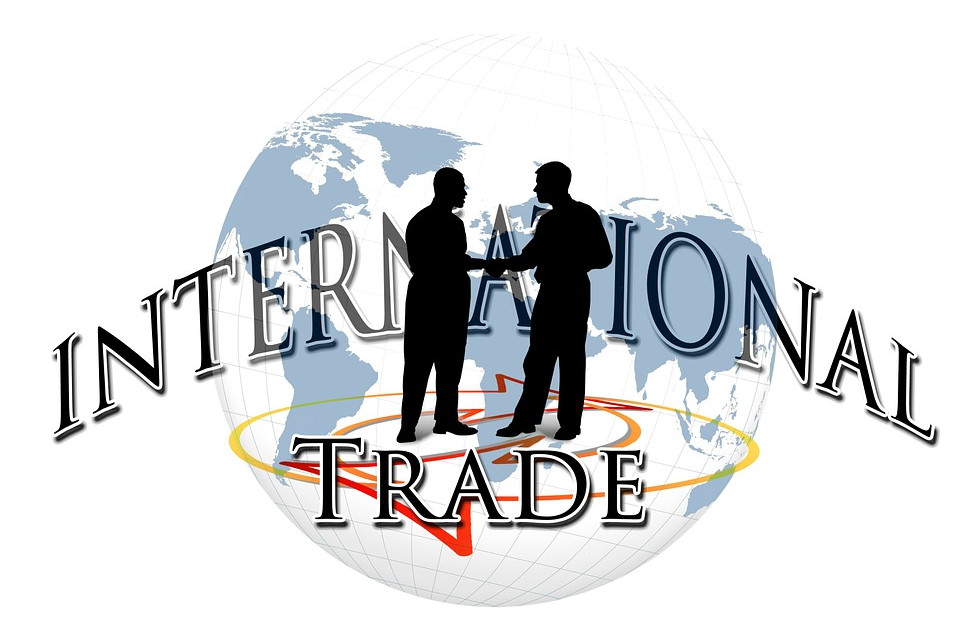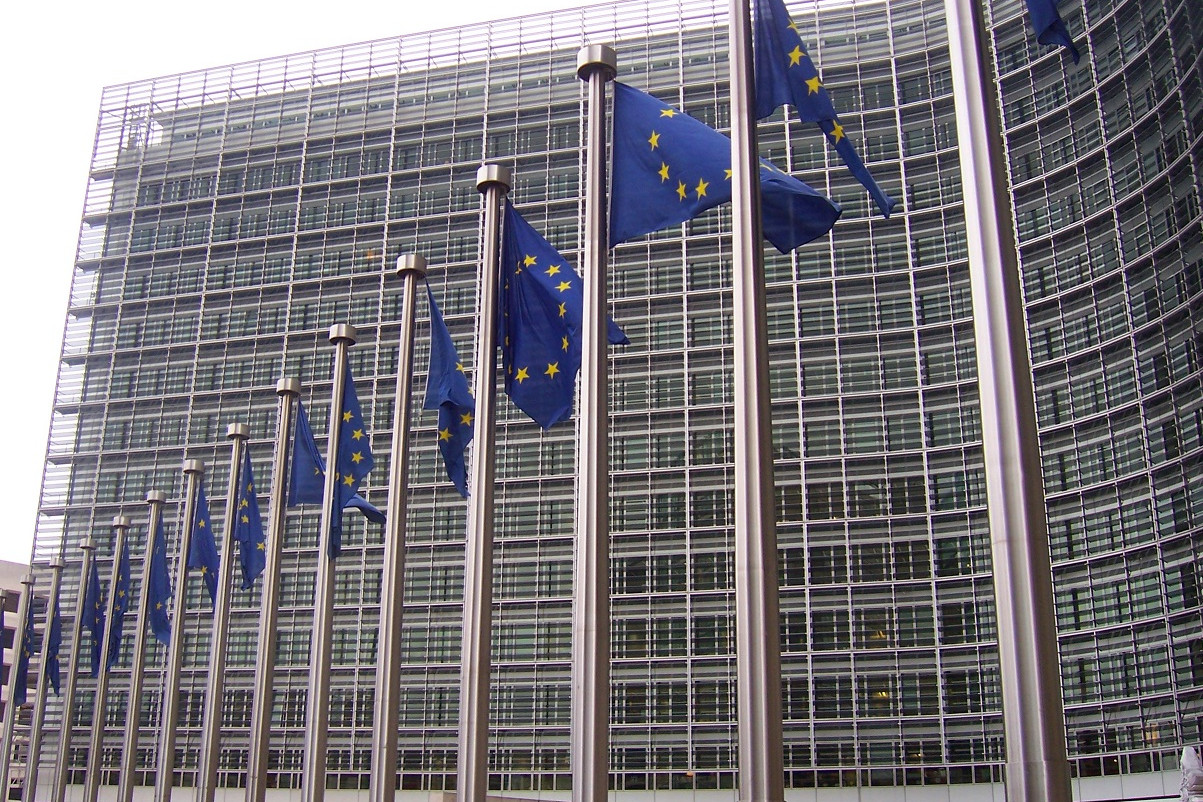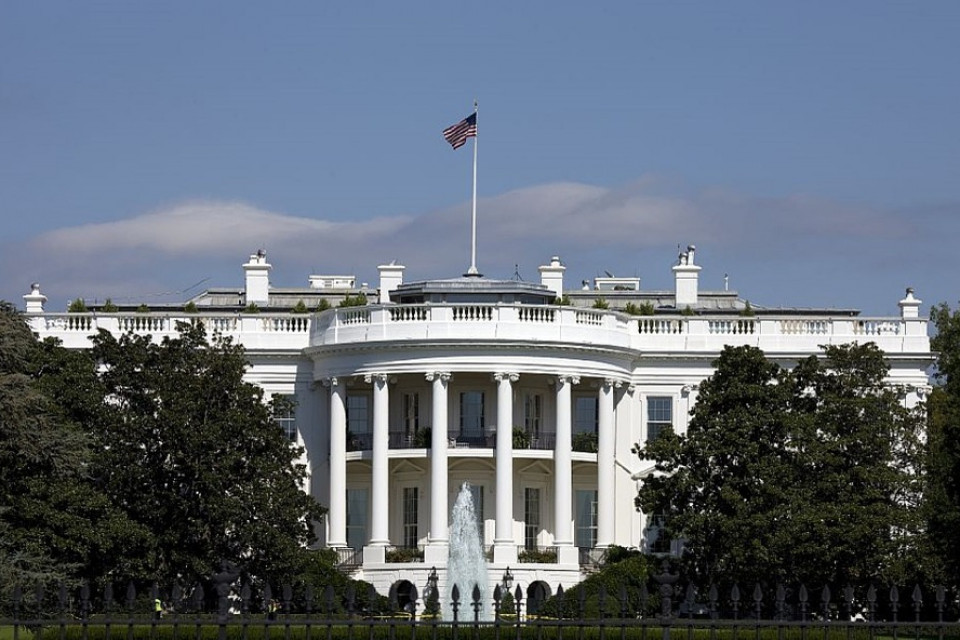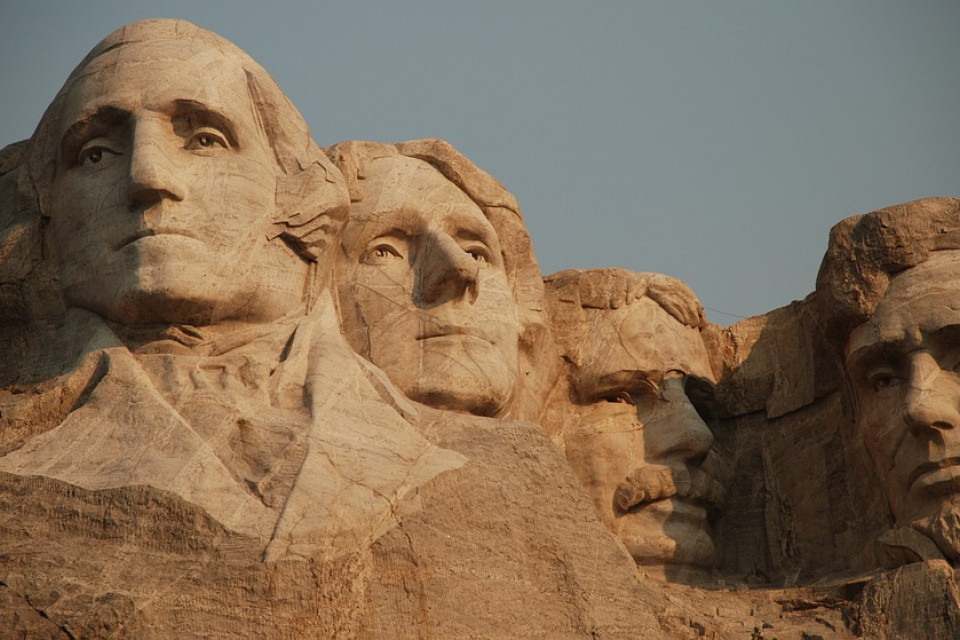
The protectionism of Donald Trump is a new political dogma that does not respond to rational logic
Editorial
"A commercial war is always a lose-lose situation" says Frédérique Berrod, a professor at the Institute for Political Studies (IEP) in Strasbourg, in an interview with the Chinese news agency Xinhua, regarding the protectionist tariffs pronounced by the US president on imports of steel and aluminium.
After several days of intense speculation, President Trump signed two controversial documents. One concerning an import tax of 25% on the imports of steel and the one of 10% on aluminium imports. So far, these measures exclude Canada, the largest commercial member and leading steel and aluminium supplier in the US and Mexico.
"Thirteen months after their arrival in power, in this way Donald Trump took a strong protectionist turn," says Berrod.
"We were expecting this decision, because it was part of their programme. However, in any case, it is no less alarming". The university professor is worried. "It is not so much the decision itself as the induced effect on an already-disturbed market. This is more problematic. It creates a precedent for other sectors and countries that have begun to adopt the same or a similar discourse", he adds.
"And what is even more worrying is that the President of the United States has taken this decision despite strong internal pressures being exerted", says the political scientist. The announcement of these customs duties has indeed caused a real shockwave within the Republicans. Trump's chief economic adviser, Gary Cohn, has resigned because of their opposition to these measures.
TRUMP'S PROTECTIONISM IS A KIND OF POLITICAL DOGMA
The Republican President of the House of Representatives of the USA, Paul Ryan, has also shown his clear disapproval, for fear of "unforeseen consequences", while the Republican Senator Jeff Flake, has pronounced the processing of a proposal of law aimed at cancelling these import taxes.
"The protectionism of Donald Trump is a kind of new political dogma that does not respond to rational logic," Berrod concludes, doubting the effectiveness of such measures for the US economy.
"Protectionist measures on steel have been tried in the past, and saved quite few jobs in the steel mills of the US, while destroying a large number of them in companies that need steel but cannot buy it at the US price", he reminds us.
This idea of protectionism, which is not linked to efficiency, splits the political landscape and does not allow debate, because it is presented as a kind of self-proclaimed truth. It is a populist, demagogic response This is part of the political landscape and works with the complicity of a part of the total population at large", says Berrod. Asked by Xinhua about Trump's motivations, the political scientist is surprised by his protectionist position in relation to the trajectory of his own businesses. "He may have convinced himself of these measures that fuel his demagogy," he said, focusing on the principle of "America first". However, I'm not sure he knows where he's heading. He disrupts the equilibrium without knowing what is behind it".
Berrod shares the opinion of numerous observers who believe that Donald Trump wants to put an end the World Trade Organization (WTO).
"The WTO bothers him, it flexes its muscles, it hits the table with its fist, hoping that it is sufficient". "The United States dispenses with the WTO, in a bilateral approach that is nothing more than a power struggle. In this way, while weakening the logic and institutions of multilateralism, it will not create logics of united or cooperation between countries (...) For me, this is lose-lose situation ".
In recent months, the US Administration has multiplied the obstacles that the operation of this institution faces, for example blocking the election of three judges of the body of Regulation and the Dispute Settlement Body (DSB) of the WTO. The USA could technically paralyze the settlement of disputes, in particular those that refer to the new tariffs on steel and aluminium.
"It is true that the WTO has been weakened, but I hope that it will be able to play some political role. The key may come from China, rather than from the European Union, given the correlation of forces in the WTO. This will be more complicated for the US, because it will force them to face up to their own logic, which is not only protectionist, but also isolationist. The WTO could thus be the counter-power to Donald Trump's artificial policy model", concludes Berrod.
The European Union repeats that a commercial war would be detrimental to all.
France, as expressed by its Economy Minister, Bruno Le Maire, has said "regretted" Trump's decision, while London believes he is acting "in bad faith". Brazil, the second largest supplier of steel to the US, has for its part made it known that "it will defend its interests". Japan has also pronounced that it will take action.



